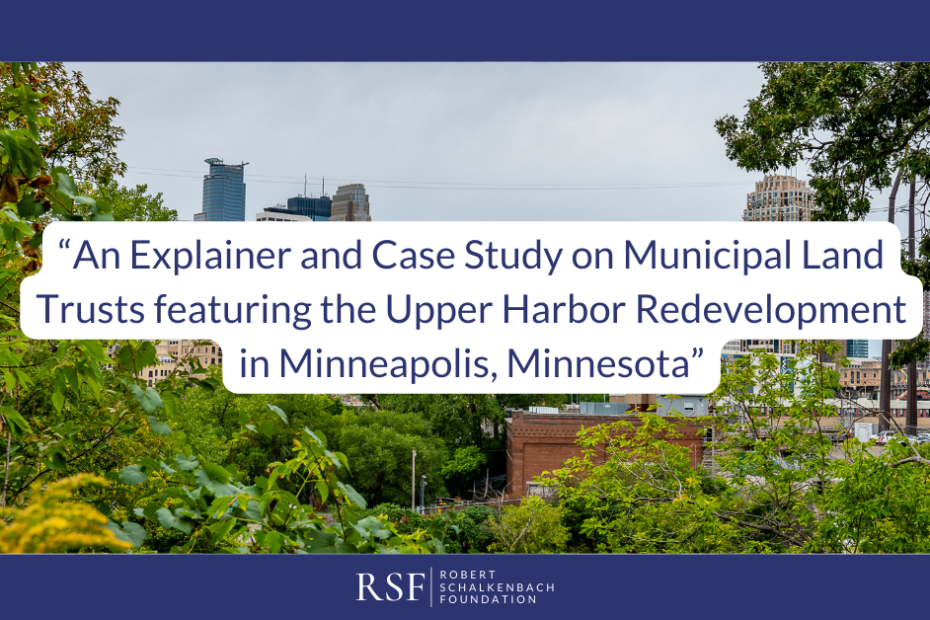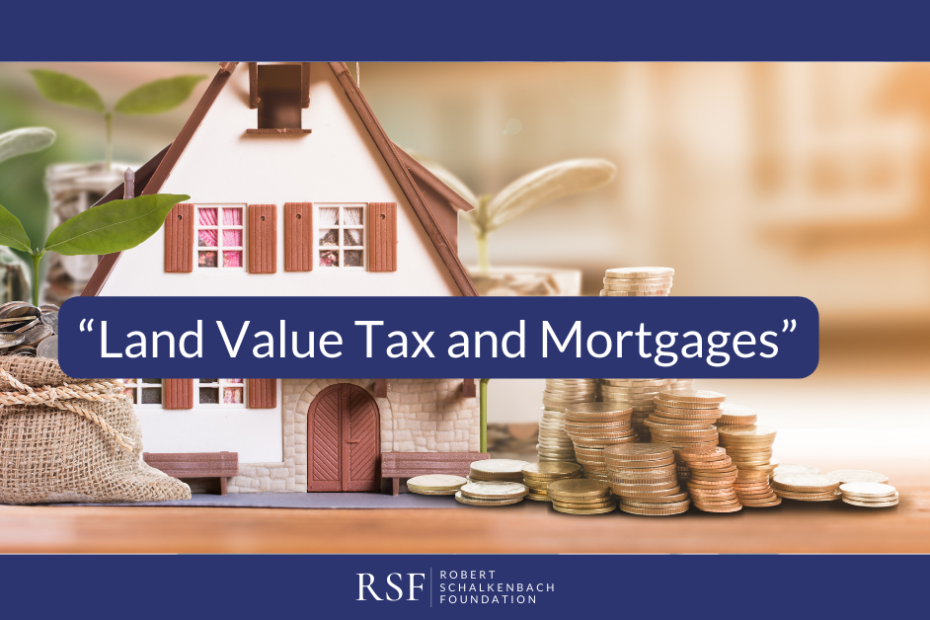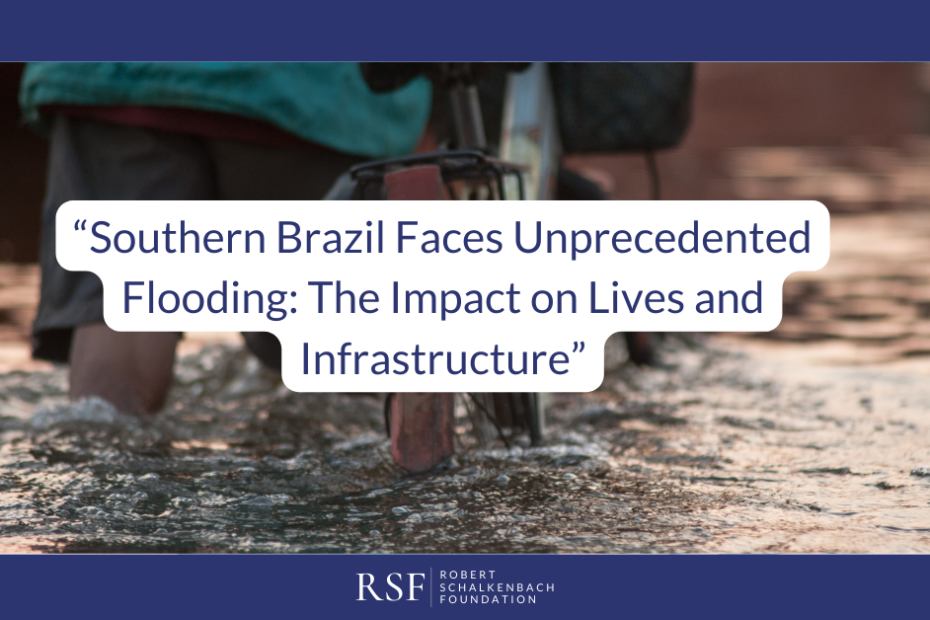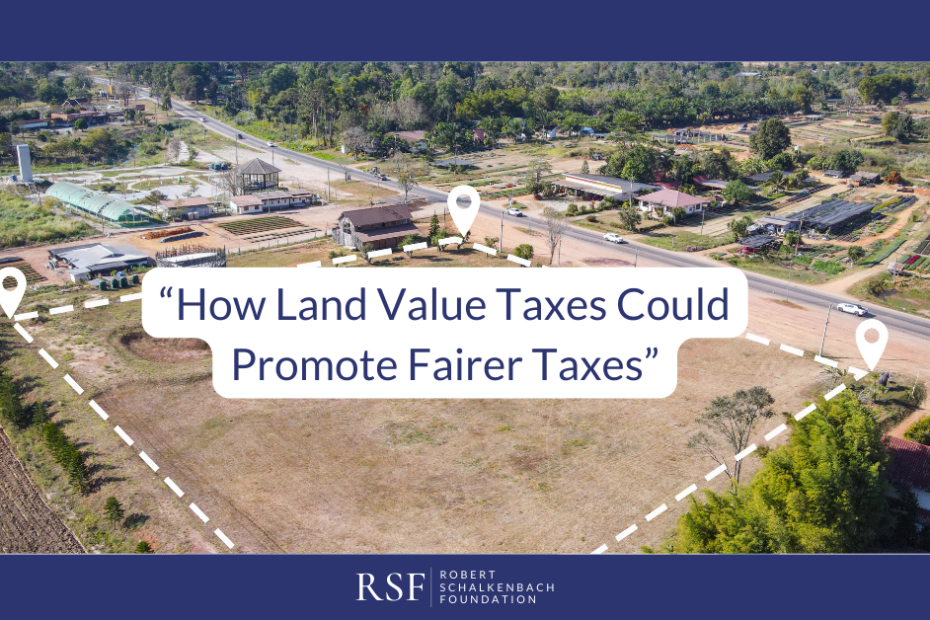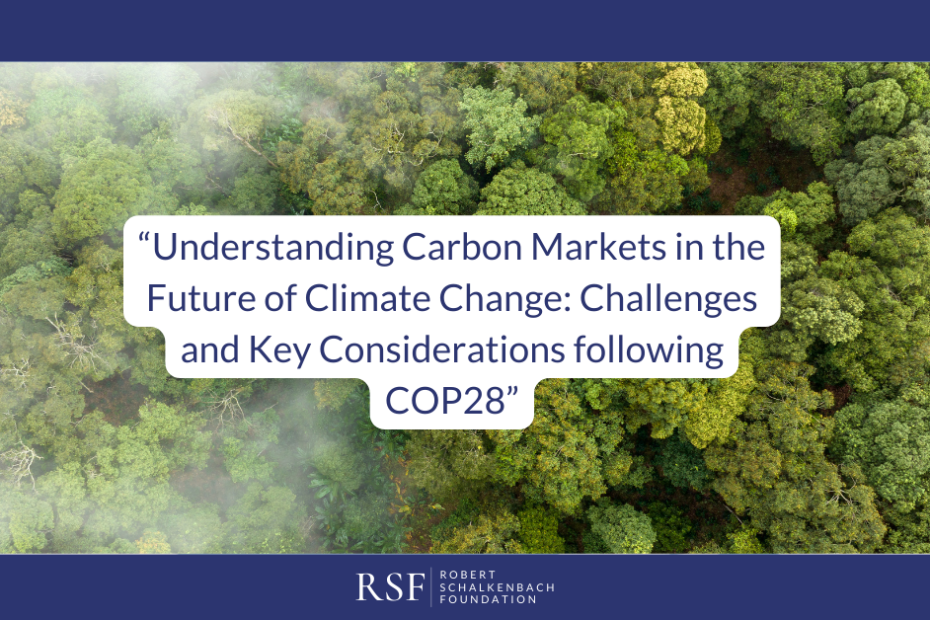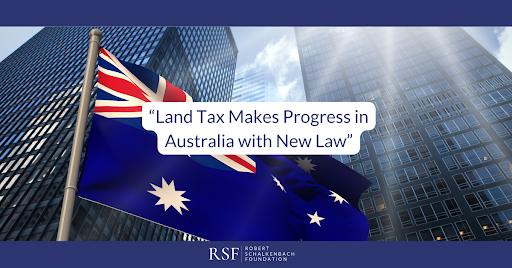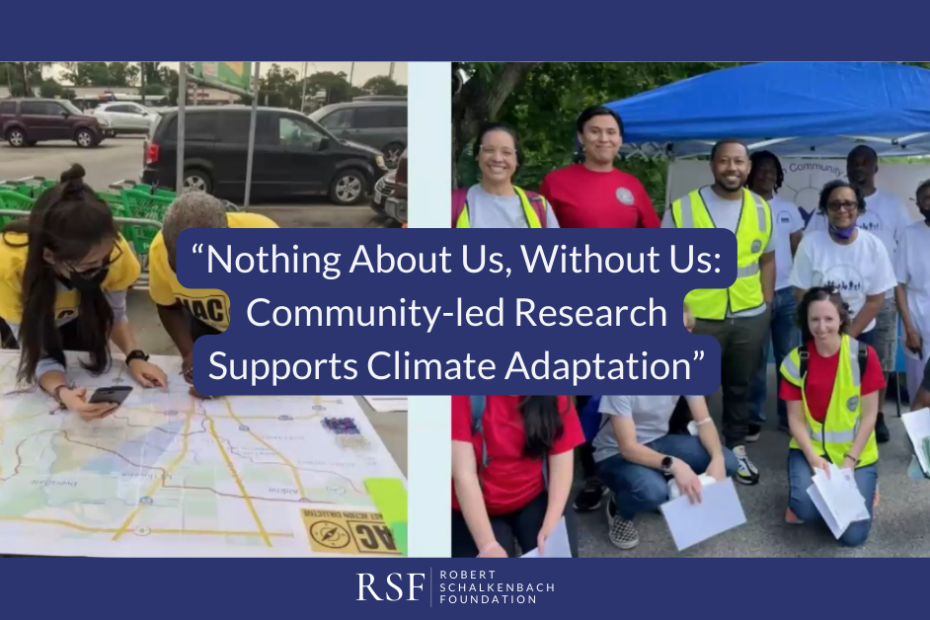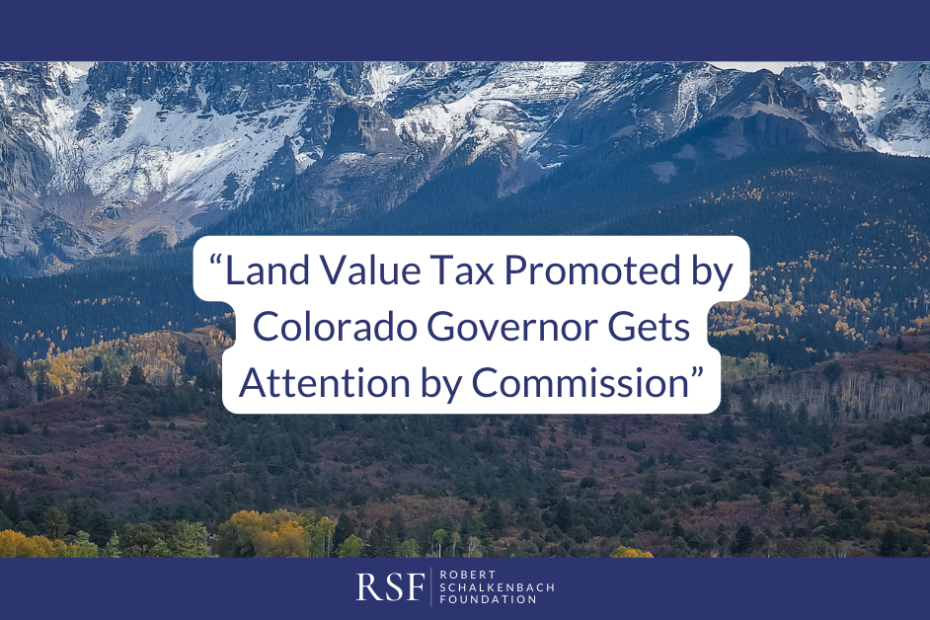An Explainer and Case Study on Municipal Land Trusts featuring the Upper Harbor Redevelopment in Minneapolis, Minnesota
In recent years, cities around the U.S. have been grappling with a crisis in housing supply and affordability due a multitude of challenges, including rising costs and barriers to developing more housing. Innovative solutions and models of taxation such as land value taxes and collective… Read More »An Explainer and Case Study on Municipal Land Trusts featuring the Upper Harbor Redevelopment in Minneapolis, Minnesota

